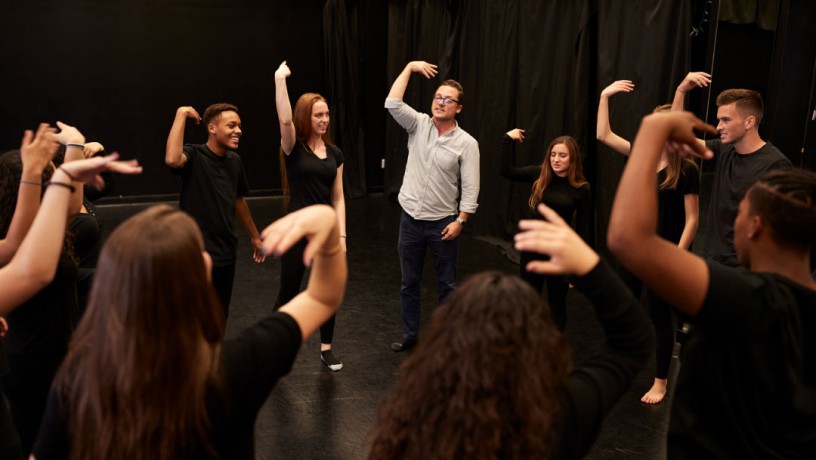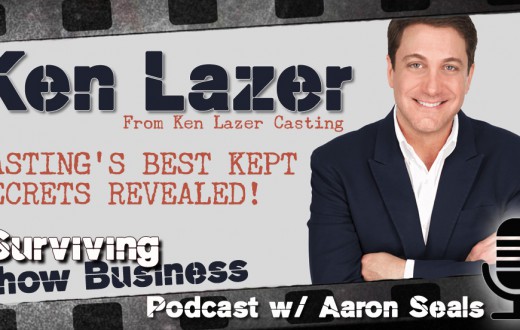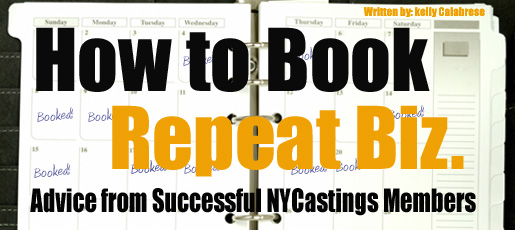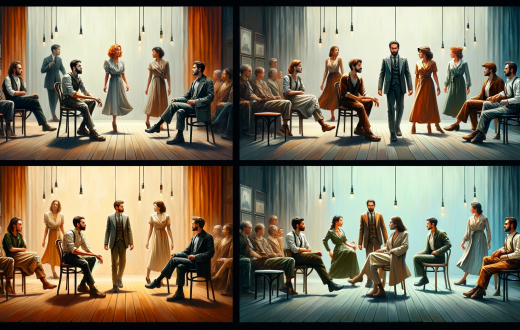There’s a well-documented history of comedic actors getting their start in improv. This includes SNL alumni like Will Ferrell and Tina Fey, as well as other icons like Jane Lynch. However, improv isn’t just for people trying to be funny – it is a great tool for every working actor. Here are 5 reasons why every serious actor should try improv classes, regardless of the genres they hope to work in.
Ad-libbing is very natural
Ad-libbing is when an actor either puts their lines into their own words or adds something. While some directors won’t want you to ad-lib, many directors love it! It will often be more natural than the script, leading to the dialogue feeling more real. It also allows for an actor’s personality to be stamped onto the role, making the performance more unique and electric! For these reasons, many casting directors love to see actors who are comfortable with ad-libbing in auditions.
While ad-libbing is often seen in comedies, with hilarious films like Best In Show being almost 100% improv, it is just as powerful of a tool in dramas. Iconic movie lines such as “You talkin’ to me?” (Taxi Driver), “I’m walkin’ here!” (Midnight Cowboy), and “Here’s looking at you, kid” (Casablanca) are said to have been made up by the actors who said them. Ad-libbing has also been used on successful drama shows like Succession to help create more natural scene work.
You must listen to your scene partner
When performing without a script, it becomes utterly crucial to listen to your scene partner! In an improv scene, both actors work together to build the reality of the scene, dropping details which are often called “gifts.” If you don’t listen to your partner, you miss out on these precious gifts; you might not even know who your character is or where the scene is taking place! But this level of listening and remaining present is important in any scene, even when the actors have scripts.
You may have heard the phrase “acting is reacting.” This quote is often used by acting teachers using the Meisner technique, an approach to acting which stresses the importance of the environment around an actor. By focusing less on themselves and more on their scene partner, actors find their performances to be more “real” and less wooden. This technique has been studied by countless actors, from box-office stars like Tom Cruise to Oscar winners like Diane Keaton. Being forced to listen in an improv scene is a great way to flex those very same muscles.
You will be better at making adjustments
Any director’s worst nightmare is an actor who can’t take a note. Whether you’re on set or in the audition, it is crucial for actors to be adaptable and make adjustments when needed. If you are buried in your script or rooted in choices you made when preparing, you could be frustrating to work with and end up missing out on roles.
Improv is great practice for the flexibility needed to be great at taking direction. You may have heard of “Yes, and,” an important principle in Improv. The rule dictates that actors should go along with the choices their fellow improvisers make while also adding their own choices. Letting go of your stubbornness will reap immediate results in improvised scene work. Practicing this principle will make you a dream for any director to collaborate with.
It is great for networking
Networking is important for any actor. While you will get jobs from auditions you find through agents and casting notices, you will also find success from the people you know. Seth Rogen once commented on this phenomenon, saying he “maybe got one role ever from auditioning.” While the early roles he landed in auditions were important for Rogen’s career, he landed many more opportunities through what he described as “deep rooted and long lasting creative relationships.” Improv is a fun and easy way to make new friends in the industry, helping you start building those relationships.
And while it may seem like you’ll only meet other actors while doing improv, this is not the case. If you stick with it, you will likely also meet a variety of writers, directors and producers who could be great building blocks for your professional network. Many influential creatives got their start in improv comedy, including award-winning directors like Jordan Peele, Adam McKay, Elaine May and Mike Nichols.
You will step outside of your “type”
Many actors find themselves frustrated being pigeonholed in their careers, always being cast in the same types of roles. Not in improv! The buff guy who always gets cast as a meathead might find himself in an improv scene playing a sweet old grandma. Later in the same scene, an older woman might play the frat-boy grandson. A great improviser will play many types of characters within the same show.
Stepping outside of your type is great for many reasons. It can be a great opportunity for growth, challenging you not to get too comfortable in one archetype. It can make an actor feel more comfortable in roles that may be more exciting to them. And, if nothing else, it’s just plain fun!
****************
Have you done improv before? Did you enjoy it? Follow us and Let us know!
And if you’re interested in giving it a try, look for improv classes in your city! Most cities have at least one theater which offers classes for all experience levels.
Helpful Improv School links:
https://www.michelledanner.com/acting-classes/improv-classes-los-angeles/







